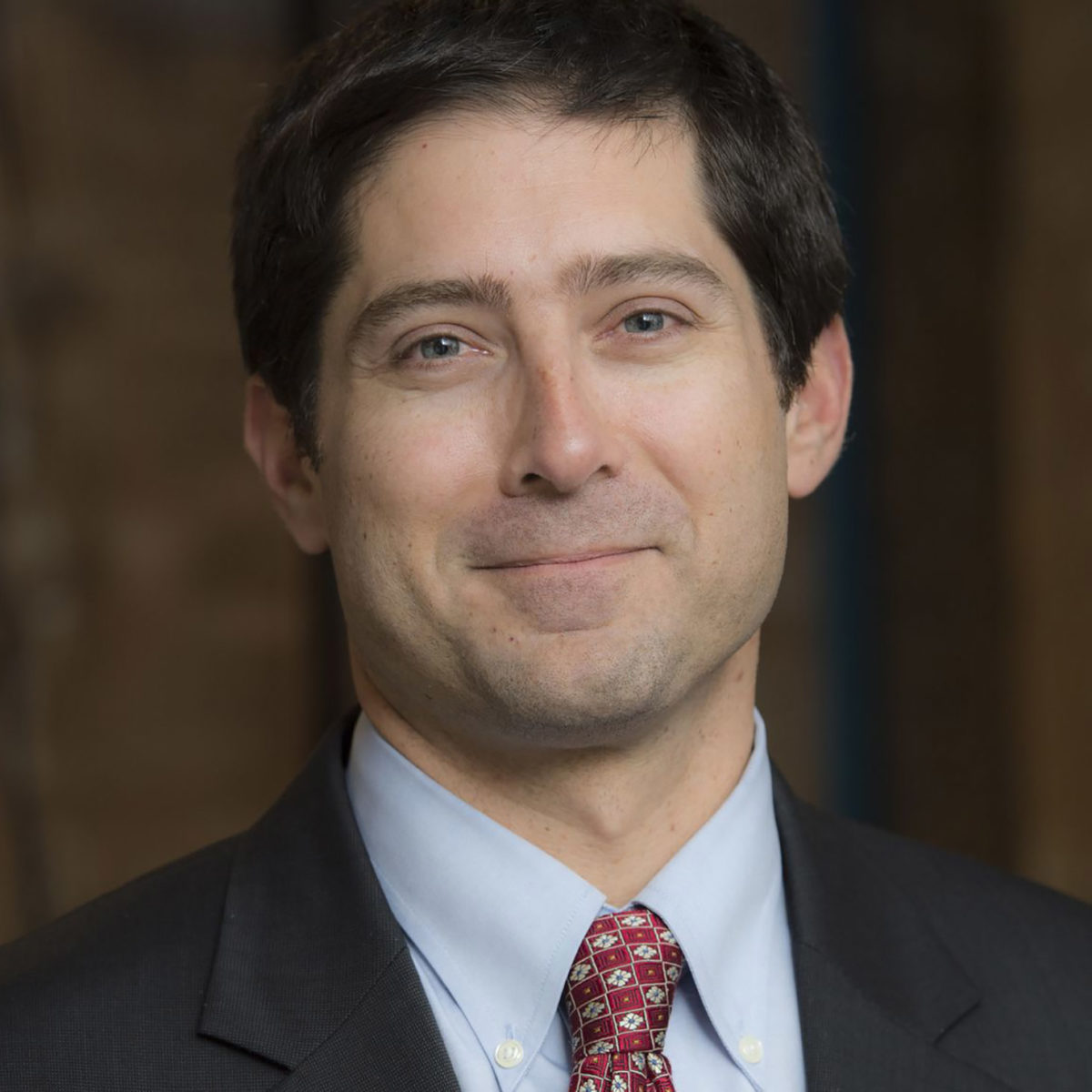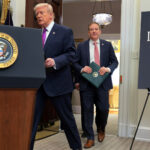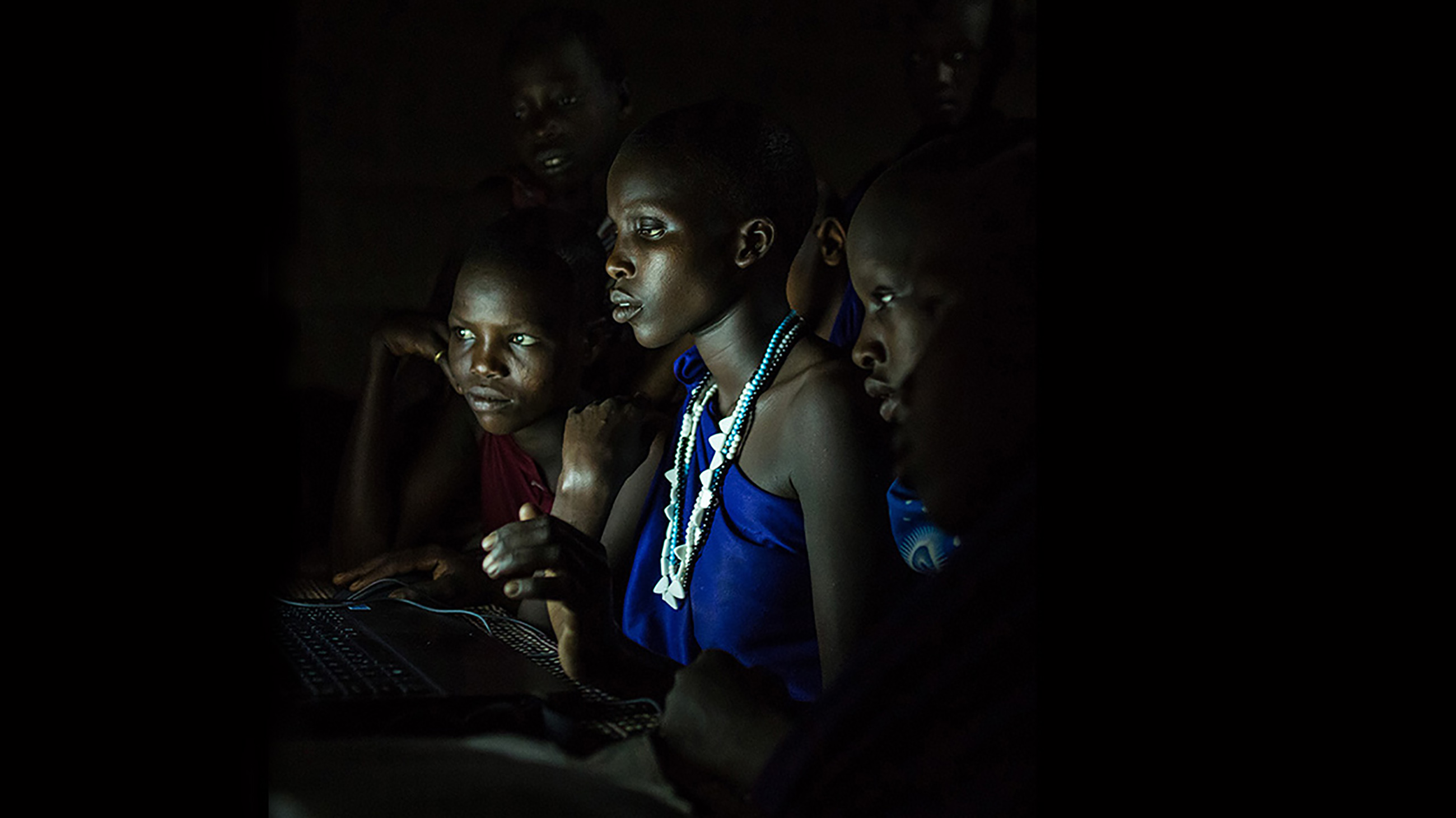Five Questions for Todd Moss
In 2013, Congress and the Obama administration inaugurated a $7 billion project to (em)power sub-Saharan Africa. The initiative, called Power Africa, aims to reform and modernize the electrical grid by adding as much as 30,000 megawatts of “new and cleaner power generation.”

Todd Moss is an economist and expert on electrification projects in Africa. He’s optimistic that such projects will continue to grow under Trump.
Visual: Center for Global Development
Using renewable and readily available sources like wind, solar, and water power, the program could also slow the pace of climate change by reducing the continent’s reliance on commodity-based solutions such as oil and coal.
Power Africa had bipartisan support in Congress. But since the surprising election of Donald Trump, advocates have been worried for its future. Trump’s Cabinet choices have been drawn heavily from the fossil-fuel sector, and in July of 2013, in an apparent reference to Power Africa, the candidate tweeted: “Every penny of the $7 billion going to Africa as per Obama will be stolen — corruption is rampant!”
For this installment of the Undark Five, we asked Todd Moss, an expert on U.S.-Africa relations, energy policy, and investment, what the Trump presidency could mean for Power Africa.
Moss, who served in the George W. Bush administration as deputy assistant secretary in the Bureau of African Affairs — and has also worked at the World Bank and The Economist Intelligence Unit — is now a senior fellow at the Center for Global Development, a Washington-based economic think tank. (He also writes an international thriller series for Putnam Books about a State Department crisis manager.)
Our conversation about the Power Africa project — highlighted in the video below — and other topics, follows. It has been lightly edited for clarity and length.
The Power Africa initiative, which is administered by the U.S. Agency for International Development, estimates that as many as 600 million people in sub-Saharan Africa still lack access to electricity.
UNDARK — What are the likely implications of a Trump presidency for the continuation of the Power Africa project, given his campaign rhetoric about the looting of any money allocated for Africa?
TODD MOSS — I think it’s too early to know. On the one hand, there are concerns the new administration won’t pay attention to Africa and will try to cut development programs. On the other, there’s a lot in Power Africa that any Republican administration should really like. First of all, Power Africa has never been about any money to governments and has never been about the U.S. government building power plants. It’s been about using a range of public policy tools to try to spark greater investment in the power sector in sub-Saharan economies.
I think if they believe that it’s about spending American tax dollars, or hurting American jobs, when they look at the details they’ll see that actually Power Africa saves taxpayers money. The Congressional Budget Office did a scoring for the legislation known as the Electrify Africa Act, and it shows that because the principal tools are commercial loans with a return, actually Power Africa should have a net positive effect on the U.S. Treasury. And [it] will help to create jobs at American suppliers and other American exporters, because electricity is such a big constraint on growth in Africa.
UD — What’s your take on recent appointments, like Myron Ebell to advise on the Environment Protection Agency transition? Should it be viewed as the beginning of the end of initiatives such as Power Africa?
TM — The EPA has almost nothing to do with Power Africa. We still don’t know the key people who are going to be in decision-making positions and what their views are going to be.
What we do know are two positive things: One is that the principal sponsors of the Electrify Africa Act were Senator Bob Corker and Congressman Ed Royce, who are two Republicans, and the bill passed unanimously. So we had both Democratic and very strong Republican support for the Power Africa goals.
The other thing is that we could probably assume the new administration is going to be less excited about renewable energy and more excited about more traditional forms of energy. If you look at the portfolio of Power Africa so far, it’s actually a pretty good balance of all kinds of power generation — you have solar, wind, and geothermal, but you also have a lot of hydroelectric power and a lot of natural gas projects. One thing you don’t see in Power Africa are coal projects, so it’s possible the administration would try to support coal, but there really aren’t that many coal projects that would be viable in Africa.
UD — What are the costs and what are some of milestones you can attribute to Power Africa three years on?
TM — The goals are very clear. Power Africa is supposed to help generate 30,000 megawatts of new capacity and 60 million new connections to homes and businesses. That’s very trackable; in fact, you can track it on an iPhone app called PATT – Power Africa Tracking Tool.
As you might imagine, building complex power systems is not a quick process. It’s not like delivering vaccines. And so after three years, they are obviously not at 30,000 megawatts. That goal is actually for 2030, and they have made a good start.
Africa is hugely lacking in the energy that it needs to develop. And I am optimistic that both governments and the international community are finally getting serious about trying to close that energy gap.
UD — Eighty percent of Kenyans lack electricity supply. How can Kenya and other African governments play a role to complement the efforts of Power Africa?
TM — I actually think it’s the other way round. The Kenyan government is trying to extend electricity and Power Africa is supporting the Kenyans, rather than the Kenyans supporting an American initiative.
Kenya is probably the best example we have right now of a country that is taking the power question seriously. Kenyans are now claiming huge improvement over the last two years, probably because the [80 percent] figure dates back to 2013. I will wait to see all the data once it comes in, but Kenya has probably taken the most aggressive policy of any country in sub-Saharan Africa for extending energy access.
UD — Finally, it’s interesting that you write thrillers. How easy is it to write topical books on African development and, energy in Africa, compared with a thriller series?
TM — In my life, I read serious books and I also like to read thrillers for fun; and I write more serious books about political issues and I like to write thrillers because they are fun. For me the challenge is trying to meld those words as much as possible. So my novels, like the “Golden Hour,” which is set in Mali, or “Minute Zero,” which is set in Zimbabwe, tackle serious political issues while also trying to make it fun for readers who might not think about these issues during the day.
Rosalia Omungo is a television journalist and editor for the Kenya Broadcasting Corporation in Nairobi, where she leads the Features, Health and Environment desks. She is currently a Knight Science Journalism Fellow at MIT










